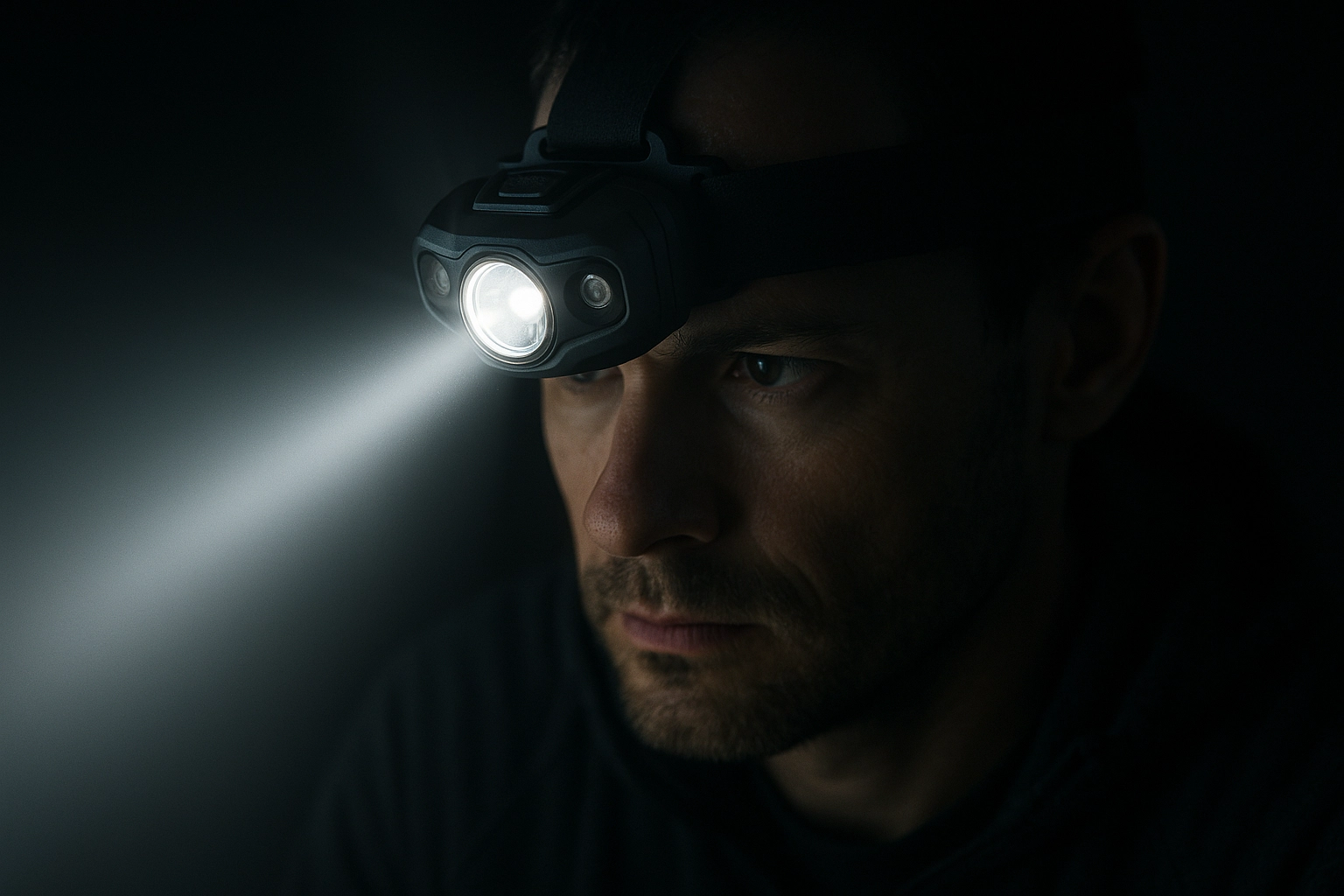FMVSS 108 – Headlamp and Signal Lamp Regulatory Testing (USA)
The Federal Motor Vehicle Safety Standard (FMVSS) No. 108, titled “Lamps, Reflective Devices, and Associated Equipment,” is a critical regulation that sets the safety standards for all light-emitting devices on motor vehicles in the United States. This standard ensures that headlights, signal lights, parking lamps, and brake lamps meet stringent performance criteria to enhance visibility and reduce accidents. Compliance with FMVSS 108 is mandatory for all manufacturers of automobiles, trucks, and buses sold or distributed within the U.S.
The testing process under FMVSS 108 involves several key components designed to ensure that lighting systems function safely and effectively in a variety of environmental conditions. These tests are conducted at accredited laboratories with specialized facilities capable of simulating real-world driving scenarios. The primary objective is to validate that the headlamps and signal lamps meet specific performance criteria outlined by FMVSS 108, including:
- Beam distribution
- Luminous intensity
- Color
- Electrical characteristics
- Sustained operation under various environmental conditions (temperature, humidity)
The testing process begins with the preparation of the vehicle and its lighting systems. This includes ensuring that all components are in working order and free from defects. Once prepared, the vehicles undergo a series of tests to evaluate their compliance with FMVSS 108 requirements.
During these tests, various instruments are used to measure the light output, distribution, and color temperature of the headlamps and signal lamps. These tools include photometers for measuring luminous intensity, spectrophotometers for assessing color, and environmental chambers to simulate different weather conditions. The testing process is highly regulated and must follow strict protocols to ensure accurate results.
The standards are designed to protect drivers and pedestrians by ensuring that vehicles can be seen clearly in all conditions, especially at night or during adverse weather. This helps reduce the risk of accidents caused by poor visibility. Compliance with FMVSS 108 is essential for vehicle manufacturers as it directly impacts their ability to sell vehicles in the U.S.
Why It Matters
The importance of FMVSS 108 testing cannot be overstated, especially given the increasing complexity and performance demands placed on automotive lighting systems. The regulation ensures that all vehicles sold or distributed within the United States meet stringent safety standards designed to enhance visibility and reduce accidents.
- Enhanced Visibility: Properly functioning headlamps and signal lamps are crucial for safe driving, especially at night. FMVSS 108 tests ensure that these lights can be seen clearly in various conditions, reducing the risk of accidents caused by poor visibility.
- Safety Compliance: Manufacturers must comply with these regulations to ensure their vehicles meet safety standards set forth by the National Highway Traffic Safety Administration (NHTSA). Failure to do so may result in fines and recalls.
- Consumer Trust: Consumers trust that when they purchase a vehicle, it meets the highest safety standards. FMVSS 108 testing helps maintain this trust and ensures consumer confidence in automotive products.
Compliance with FMVSS 108 is not just about meeting regulatory requirements; it is also an essential step in ensuring that vehicles are safe and reliable for the drivers who purchase them. By adhering to these standards, manufacturers can help protect their reputations and maintain consumer trust.
Benefits
- Achieve Regulatory Compliance: Ensures that lighting systems meet all regulatory requirements set forth by FMVSS 108.
- Increase Consumer Trust: Demonstrates a commitment to safety and quality, enhancing consumer confidence in the brand.
- Reduce Legal Risks: Avoids potential legal issues associated with non-compliance or product recalls.
- Promote Product Quality: Identifies any deficiencies early on, allowing for timely corrective actions.
- Enhance Brand Reputation: Positive results from FMVSS 108 testing can improve brand reputation and market standing.
In addition to these benefits, compliance with FMVSS 108 also ensures that vehicles meet the highest safety standards set forth by NHTSA. This is critical for manufacturers who want to ensure their products are safe and reliable in all driving conditions.
Quality and Reliability Assurance
- Consistent Testing: Ensures that every vehicle undergoes the same rigorous testing process, maintaining consistency across production lines.
- Data Accuracy: Utilizes advanced instrumentation to provide precise measurements of light output, distribution, and color temperature.
- Environmental Simulation: Simulates real-world driving conditions using environmental chambers to test durability under various weather conditions.
- Continuous Improvement: Identifies areas for improvement in lighting systems through regular testing and analysis.
The rigorous testing process ensures that vehicles meet the highest standards of safety and reliability. By adhering to FMVSS 108, manufacturers can ensure that their products are not only compliant with regulatory requirements but also consistently high in quality and reliability.





